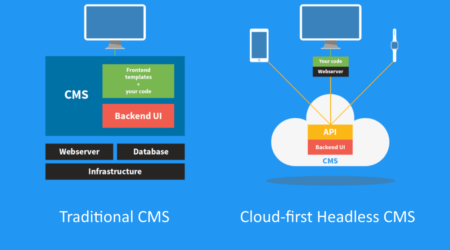WordPress Development
What is WordPress development ?
WordPress development refers to the process of creating and customizing websites using WordPress, which is a popular content management system (CMS). WordPress provides a platform for building websites, blogs, e-commerce sites, and various other web applications. It is widely used due to its flexibility, ease of use, and extensive plugin and theme ecosystem.
Here are some benefits of WordPress development for clients:
Why should we get website development done in WordPress? Developing a website in WordPress offers several advantages:
1. Ease of use: WordPress is known for its user-friendly interface, which makes it easy for clients to manage their websites and update their content without needing technical expertise.
2. Flexibility: WordPress is highly customizable and can be used to build a wide range of websites, from simple blogs to complex e-commerce sites. This makes it a flexible option for clients who have different needs and requirements.
3. Large ecosystem of plugins and themes: WordPress has a large ecosystem of plugins and themes that can be used to add new features and functionality to a website. This can save clients time and money by reducing the need for custom development.
4. SEO-friendly: WordPress is designed to be SEO-friendly, which can help clients improve their search engine rankings and attract more traffic to their website.
5. Mobile responsiveness: Many WordPress themes are mobile-responsive, which means they automatically adjust to different screen sizes and devices. This can help clients reach a wider audience and improve the user experience for their visitors.
6. Community support: WordPress has a large and active community of developers and users who provide support, tutorials, and resources for clients who are building websites with the platform.
Here are some of the main cost factors to consider:
1. Design: The cost of website design can vary widely depending on the level of customization needed, the number of pages, and the complexity of the design. A simple WordPress website with a pre-designed theme can cost as little as a few hundred dollars, while a custom-designed website with unique branding and complex features can cost several thousand dollars or more.
2. Content creation: The cost of creating content for a website can vary depending on the amount of content needed and the level of complexity involved. This can include copywriting, graphic design, and multimedia content such as videos or animations..
3. Development: The cost of website development can vary depending on the complexity of the features and functionality needed, such as e-commerce functionality, custom plugins, or integrations with other systems. A simple WordPress website with basic functionality may only require a few hours of development work, while a more complex website with custom features and integrations could take several weeks or months to develop.
4. Hosting and maintenance: The cost of hosting and maintaining a WordPress website can also vary depending on the hosting provider and the level of support needed. Some hosting providers offer basic hosting plans for as little as a few dollars a month, while others offer more advanced plans with features such as automatic backups and security updates.
Overall, the cost of website development in WordPress can range from a few hundred dollars for a basic website to several thousand dollars or more for a complex website with custom features and functionality. It’s important to work with an experienced WordPress developer who can help you understand your options and provide an accurate estimate based on your specific needs and requirements.
If the website is to be made in WordPress then how much security is required for it? Here are some essential security measures recommended for WordPress websites:
1. Regular Updates
2. Strong Passwords
3. Security Plugins
4. Firewalls
5. Secure Hosting
6. Limited Access
7. File Permissions
8. Regular Backups
9. SSL Encryption










